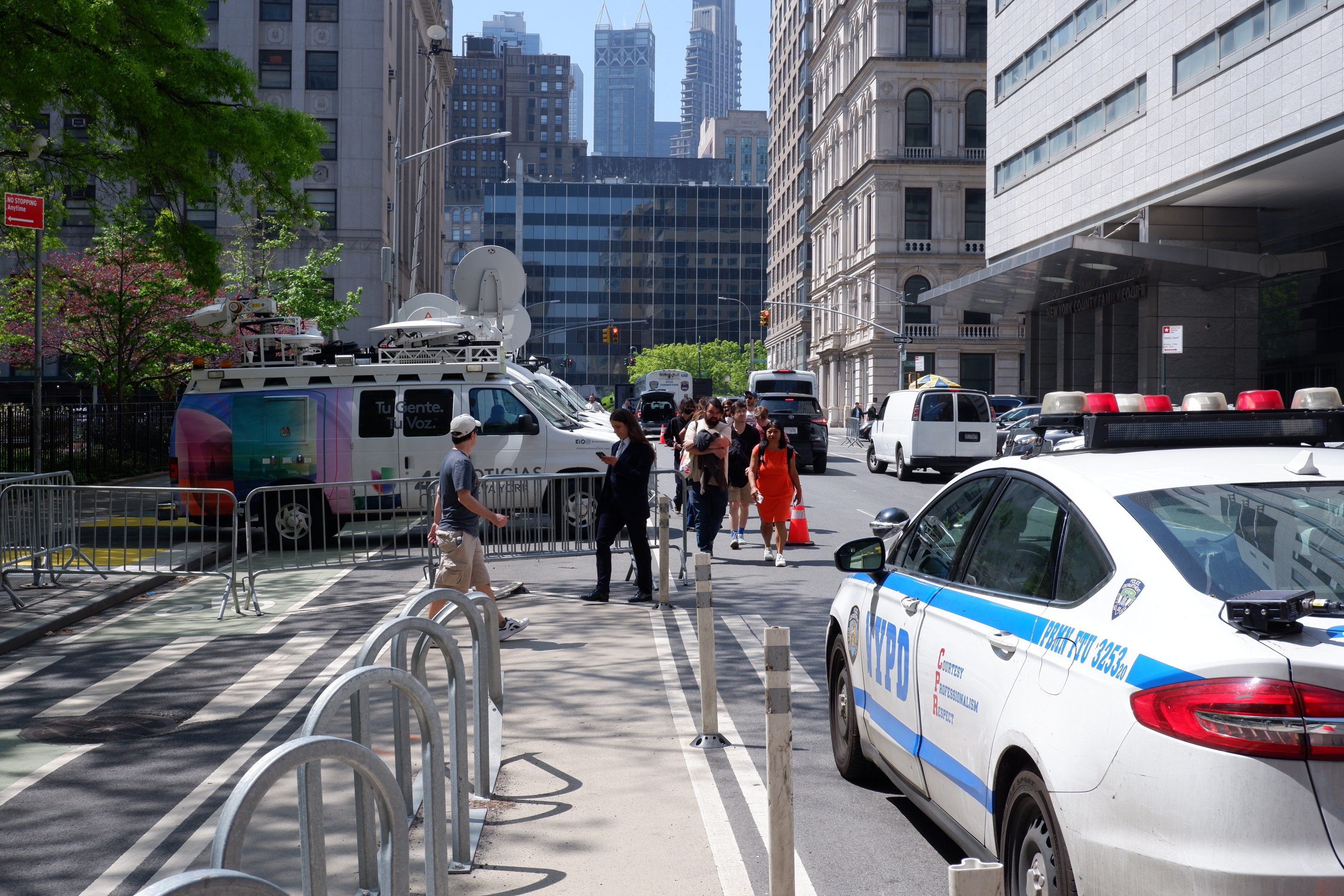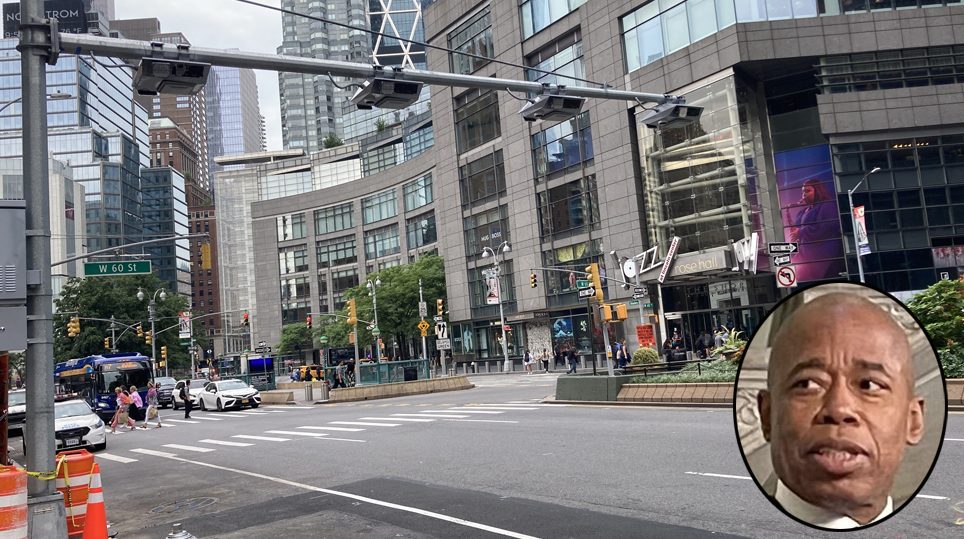In near-unanimous votes, the Illinois House and Senate have overridden a gubernatorial veto to adopt a statewide complete streets law.
The new law requires the Illinois Department of Transportation to include safe bicycling and walking facilities in all projects in urbanized areas, and is a victory for the movement to create complete streets that serve the needs of all road users. It is effective immediately for project planning and required in construction beginning August 2008.
"The law is a very cost-effective way to improve safety and access for bicyclists and pedestrians," says Randy Neufeld, Chief Strategy Officer for the Chicagoland Bicycle Federation. "In the past, the state was prompted by death or injury to correct unsafe conditions on a given project. This law requires projects be built correctly the first time, which will save taxpayers' money and protect people."
Illinois' action on makes it the first state to adopt complete streets into law since the complete streets movement began in 2003. While Governor Blagojevich had used an amendatory veto to gut AB 314, in special session both houses voted to override, the Senate unanimously (Oct 5) and the House by 109 to 3 (Oct. 10).
Five other states have some form of complete streets law on the books, and eight states have other types of complete streets policies. The California legislature is considering a complete streets measure that requires all jurisdictions to plan roads for all travelers - including transit users and disabled people. To date, more than 50 jurisdictions, including cities such as Salt Lake and Seattle, have adopted complete streets measures, and many others are considering them.
"The Illinois Legislature recognized what is becoming common sense across the country - that our roads need to serve everyone using them, whether they are driving, walking, bicycling, or catching the bus." says Barbara McCann, Coordinator of the National Complete Streets Coalition. "By routinely completing their streets, transportation agencies increase road capacity, avoid costly retrofits, encourage physical activity and help create the walkable communities that so many people want today."





